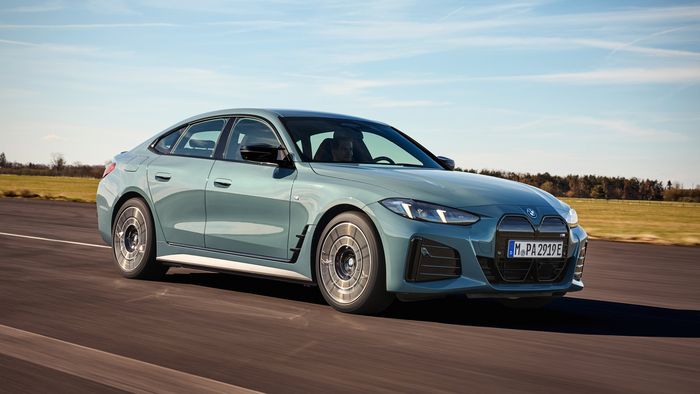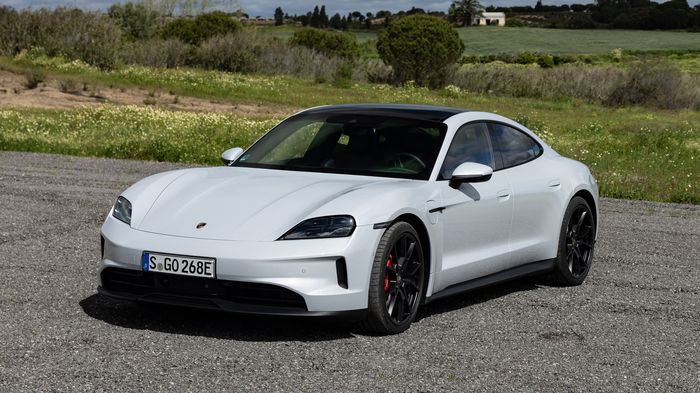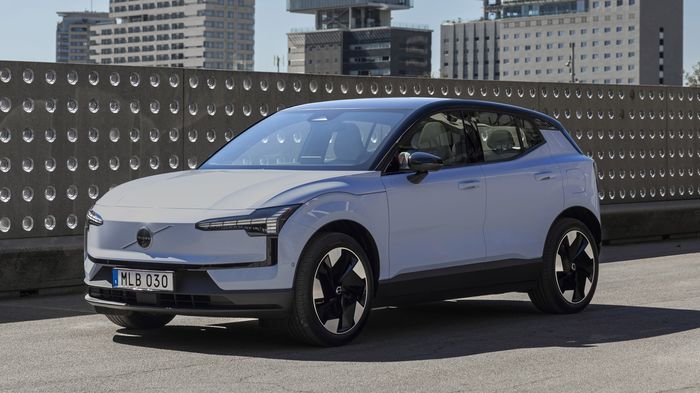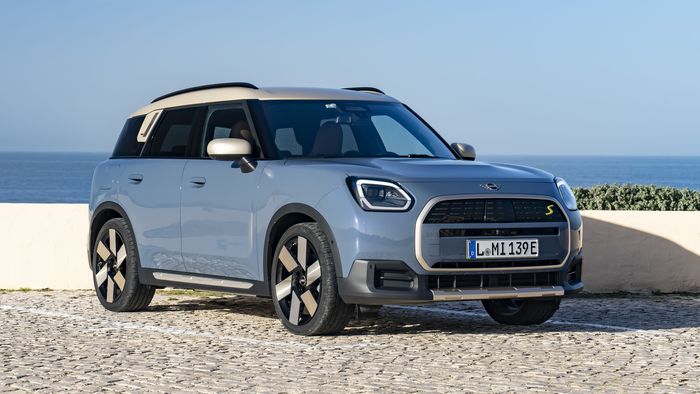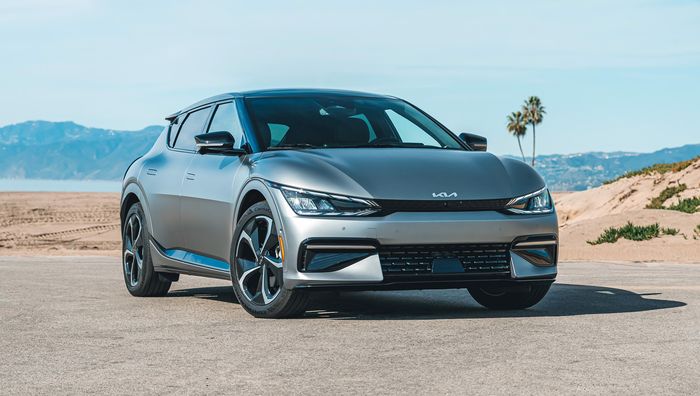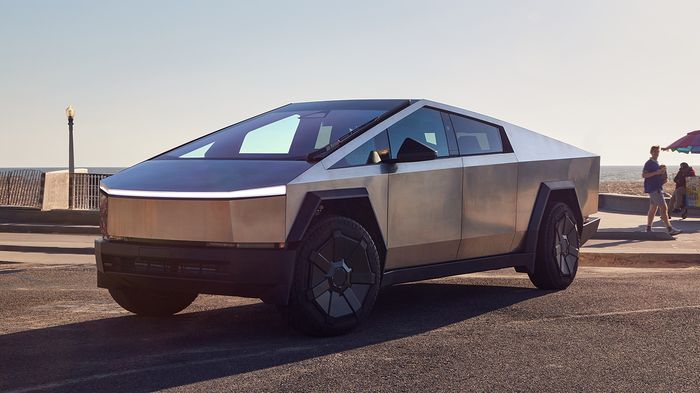Electric cars
Discover the rise of electric cars and their impact on the automotive industry. This comprehensive guide explores key features, benefits, and the top electric vehicles of 2023, highlighting advancements in technology and sustainability. Learn about the performance, range, and charging infrastructure of electric cars, along with insights into the future of EVs, including autonomous driving and battery innovations. Join the shift towards eco-friendly transportation and find the perfect electric vehicle that suits your lifestyle and budget.
The Future is Electric: Top 20 Electric Cars You Should Consider
Introduction to Electric Cars
Electric cars, often referred to as electric vehicles (EVs), have gained significant traction in the automotive industry over the past decade. As global concerns regarding air quality and climate change intensify, the importance of transitioning to sustainable transportation options becomes increasingly apparent. Electric vehicles present a viable solution to these pressing issues, as they produce zero tailpipe emissions, significantly reducing the overall carbon footprint associated with traditional internal combustion engine vehicles.
The advancements in electric vehicle technology have made them more efficient and appealing to consumers. With major manufacturers investing heavily in research and development, the performance of electric cars has dramatically improved. Today’s electric vehicles boast longer ranges, faster charging times, and enhanced battery life, ultimately contributing to a more enjoyable driving experience. Furthermore, government incentives and improved charging infrastructure are making it easier for the average consumer to transition from traditional vehicles to electric alternatives.
Market demand for electric vehicles has surged, reflecting a growing awareness of the environmental implications of our transportation habits. Consumers are increasingly drawn to the allure of an eco-friendly vehicle, recognizing the potential cost savings associated with reduced fuel and maintenance expenses. This shift in consumer behavior supports a broader commitment to sustainability, prompting both automakers and governments to prioritize the development and adoption of electric mobility solutions.
In addition to their environmental benefits, electric cars are often equipped with advanced technology features that enhance safety and usability. As the automotive industry continues to evolve, electric vehicles are positioned to play a pivotal role in shaping the future of transportation, offering a cleaner, more efficient, and innovative alternative to conventional vehicles. These strides towards electrification not only address pressing environmental concerns but also indicate a substantial shift in how we envision mobility in the years to come.
Key Features of Electric Cars
Electric cars (EVs) are transforming the automotive industry by offering innovative features that distinguish them from traditional gasoline vehicles. A pivotal element is battery technology. Electric cars utilize advanced lithium-ion batteries, which allow for greater energy storage and efficiency compared to earlier battery designs. The range capabilities of electric vehicles have significantly improved, with many models now offering more than 300 miles on a single charge, thereby alleviating range anxiety often associated with EV usage.
Charging infrastructure is another key feature of electric vehicles. With the proliferation of public charging stations, including fast chargers, drivers can recharge their vehicles conveniently during long trips or while at work. Home charging setups are also increasingly common, facilitating overnight charging for everyday use. This ease of access to charging options enhances the appeal of electric cars, making them more practical for consumers.
Performance characteristics of electric vehicles are noteworthy as well. Many EVs provide instant torque, resulting in quick acceleration that rivals or even surpasses that of traditional cars. Additionally, electric cars offer a quieter driving experience due to fewer mechanical components and reduced noise from the powertrain. As such, the driving experience is markedly unique and engaging.
Cost considerations also play a crucial role in the adoption of electric vehicles. While the upfront cost of electric cars may be higher, the lower maintenance costs, such as reduced engine service and fewer moving parts, contribute to long-term savings. Moreover, various government incentives and rebates make the transition to electric driving more financially feasible for many. Potential buyers should consider these factors, as they underscore the long-term benefits of EV ownership amid increasing environmental concerns.
The Top 20 Electric Cars of 2023
The landscape of electric vehicles (EVs) has evolved significantly in 2023, offering a diverse array of options tailored to various needs and preferences. This curated list of the top 20 electric cars highlights key specifications, including range, charging time, price, and unique features, ensuring that both budget-conscious buyers and luxury enthusiasts can find appealing choices.
1. Tesla Model 3 – Known for its impressive range of up to 358 miles, the Model 3 is a frontrunner in the electric sedan market. Offering fast charging capabilities and a competitive starting price of around $40,000, it is designed for tech-savvy consumers seeking performance and innovation.
2. Ford Mustang Mach-E – This electric SUV has made waves with its sporty design, offering a range of 300 miles. Priced from $43,000, it targets those who prioritize both excitement and practicality in their vehicle choice.
3. Chevrolet Bolt EV – With a budget-friendly price tag beginning at $26,000 and a respectable range of 259 miles, the Bolt EV appeals to cost-conscious drivers looking for reliable electric transportation.
4. Rivian R1T – This groundbreaking electric pickup truck offers remarkable off-road capabilities alongside a range of 314 miles. Starting at $67,500, it is ideal for adventure seekers requiring utility and sustainability.
5. Hyundai Ioniq 5 – The Ioniq 5 stands out with its futuristic design, providing a range of up to 303 miles and notable rapid charging features, all at a price point around $40,000, targeting families and tech enthusiasts alike.
6. Lucid Air – Positioned as a luxury sedan, the Lucid Air offers a stunning range of up to 500 miles and premium features, starting at $77,400, appealing to luxury buyers who demand performance and comfort.
7. Volkswagen ID.4 – This electric SUV offers versatility with a range of about 250 miles while starting at around $39,000, catering to families in search of spacious, eco-friendly transportation.
8. Kia EV6 – The Kia EV6 combines performance and utility, with a range of 310 miles and a starting price of $40,900, making it attractive for those wanting style and substance.
9. Nissan Ariya – With a stylish SUV profile, it offers a range of 300 miles, priced from $43,000, designed for those who appreciate innovative design and advanced technology.
10. BMW iX – This luxury SUV boasts a range of 324 miles and is priced starting around $83,200, appealing to environmentally conscious drivers who demand high-end performance.
11. Mercedes-Benz EQS – The EQS stands out in the luxury electric segment, with up to EQS 450+ range of 350 miles and prices from $102,000, aimed at discerning buyers.
12. Porsche Taycan – Known for its performance, the Taycan offers a range of around 246 miles and starts at $86,700, catering to those who prioritize speed and luxury.
13. Ford F-150 Lightning – This electric version of America’s favorite truck offers practicality with a range of up to 300 miles or more, starting at $39,974, appealing to a wide audience of truck enthusiasts.
14. Polestar 2 – This modern electric hatchback provides a range of 270 miles and is priced from $49,800, focusing on tech-forward urban drivers.
15. BYD Tang EV – A popular choice in markets outside the US, offering good specifications, including a range of 300 miles for an attractive price, appealing to consumers focused on practicality.
16. Fisker Ocean – Emerging as an eco-friendly SUV option, the Ocean offers features that cater to sustainability, with competitive pricing starting at around $37,499 and a range of 250 miles.
17. Skoda Enyaq – This model is designed for value-focused families, providing a spacious interior, a range of up to 300 miles, and a price starting around $37,452.
18. Toyota bZ4X – This all-electric SUV will attract a wide audience with a range of about 250 miles and starting price around $40,000, positioning it as a practical family vehicle.
19. VinFast VF 8 – This newcomer features a competitive price starting at $40,700 with an electric range of 280 miles, targeting tech enthusiasts and families alike.
20. Honda e – With its retro design and urban appeal, the Honda e offers a range of around 137 miles, perfect for city drivers, starting at approximately $37,000.
This curated guide to the top electric cars of 2023 underscores the vast improvements in range, technology, and affordability, driving home the viability of electric cars for diverse consumer bases. The array of options available reflects a commitment to sustainability without compromising on performance or features, making electric vehicles an attractive choice for the discerning buyer.
The Future of Electric Vehicles
The evolution of electric vehicles (EVs) signifies a remarkable shift in the automotive landscape, driven by advancements in technology and changing consumer preferences. In particular, innovations in autonomous driving technology are poised to redefine how we perceive mobility. Automakers are investing heavily in artificial intelligence and machine learning to develop vehicles that not only enhance safety but also improve convenience. The integration of autonomous systems can lead to more efficient traffic management, reduced congestion, and lower emissions—all of which align with the broader goals of sustainable transportation.
Alongside advancements in autonomous driving, battery technology is experiencing a renaissance. The development of solid-state batteries promises significant improvements in energy density, charging speed, and overall safety compared to traditional lithium-ion batteries. Furthermore, companies are exploring various materials and chemistries to mitigate concerns surrounding resource scarcity, an issue that often plagues EV manufacturing. As researchers continue to innovate, the prospect of longer-lasting batteries with reduced environmental impact appears more attainable, enhancing the reliability and appeal of electric cars.
The expansion of charging infrastructure plays a critical role in the mainstream adoption of electric vehicles. As more charging stations become available in urban areas and along highways, consumers are likely to feel more secure about transitioning from traditional gasoline vehicles to electric options. This shift in consumer behavior has already begun as evidence suggests a growing preference for EVs across various demographics. In response, automakers are ramping up production and introducing diverse EV models to capture different market segments.
Despite the optimistic outlook, challenges remain such as resource scarcity and the potential for market saturation. However, as the industry matures, it is anticipated that innovative solutions will emerge to address these obstacles, ensuring that the future of electric vehicles remains bright and promising.
0 is small, but if you don’t need space it could be your only car. That’s because it’ll go far enough on a charge to make motorway trips tenable. Whereas the Honda e or Mini electric would have to be second cars to anyone who ever drives beyond conurbations rather than just within them.”
Best Electric Sedans under $60,000Advertisement – Continue Reading BelowSUVsBest Electric SUVs under $45,000Best Electric SUVs under $75,000Longest Range Electric SUVsBest Electric 3-Row SUVsBest Luxury Electric SUVsBest Electric SUVs for FamiliesAdvertisement – Continue Reading Below2024 Tesla Cybertruck
8.5/10C/D RATINGStarting at$81,895EPA Est. Range301–318 milesElectric cars,Electric cars,Electric cars,Electric cars,Electric cars,Electric cars,Electric cars,Electric cars,Electric cars,Electric cars,Electric cars


